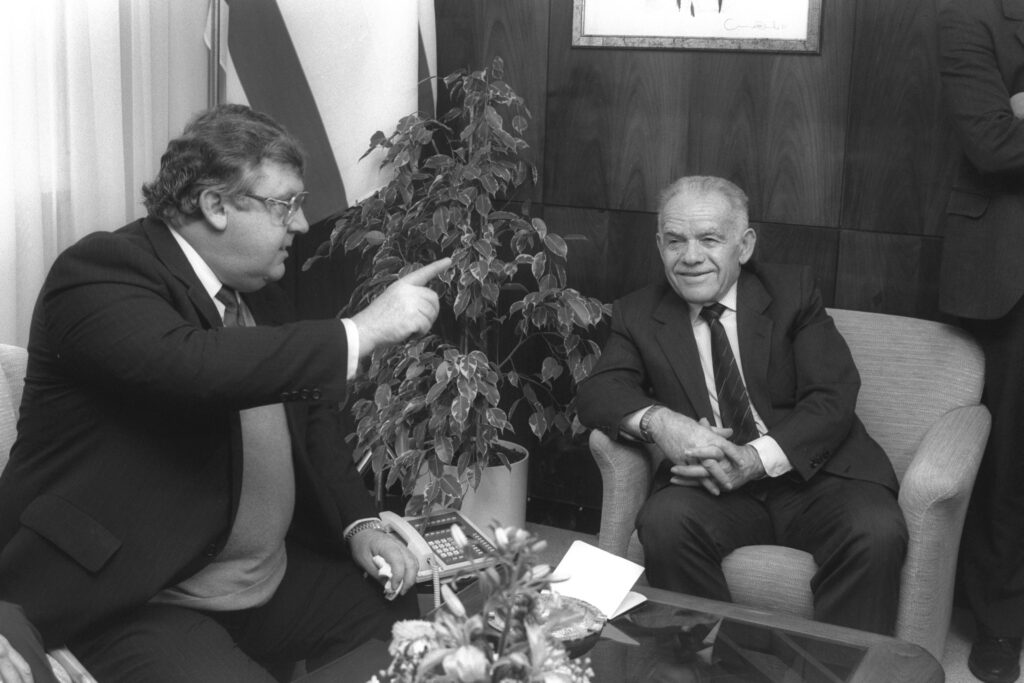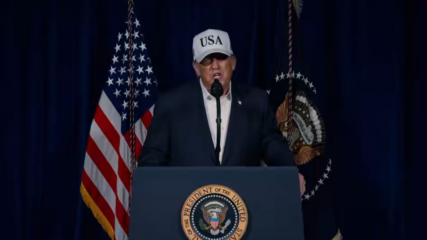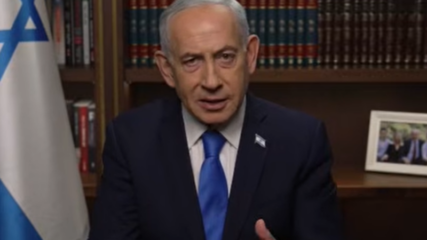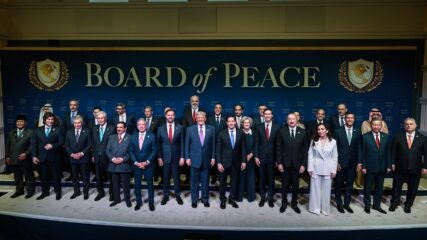The U.N. General Assembly overwhelming reverses a Soviet-driven decision 16 years earlier to declare Zionism a form of racism.

By Topic
Find content relevant to your specific interests or area of study.
By Type
Choose the format that best suits how you want to engage with the content.
By Language
Access content in the language that best supports your learning.
By Era
Explore content organized by historical period to focus your learning by timeframe.

The U.N. General Assembly overwhelming reverses a Soviet-driven decision 16 years earlier to declare Zionism a form of racism.

Maya Rezak and Ken Stein, February 27, 2026 Hussain Abdul-Hussain, “Why Saudi Arabia is Turning Back to Islamism – and Against Israel,” Foundation for the Defense of Democracies, February 6, 2026. Al-Arabiya, (editorial) “The Crisis…

President Donald Trump announces Operation Epic Fury, the second U.S. attack on Iran’s nuclear and ballistic missile programs in eight months, and urges the Iranian people to overthrow their Islamic regime.

Prime Minister Benjamin Netanyahu announces Operation Roaring Lion and briefly explains why Israel, with U.S. help, has attacked the nuclear and ballistic missile capabilities of Iran. He also encourages the Iranian people to topple their regime.

The first meeting of the Board of Peace convened under the Trump ceasefire for Gaza offers grand plans for reconstruction and a vibrant, peaceful future for Palestinians but depends on the disarmament of Hamas.

CIE President Ken Stein addresses what is and what is not known about why Hamas attacked October 7, 2023, why Israel was caught off guard, and what happens after the war across the region.

Israel wasn’t expecting gold, silver or bronze in the 2026 Winter Olympics, but it also wasn’t expecting controversy to mar the happy story of its first Olympic bobsledders.

CIE President Ken Stein briefly reviews the 2023-2025 Hamas-Israel war and examines the short- and long-term consequences.

Using published archives, press conferences, speeches and numerous interviews, this compilation of quotations traces how official American views on Zionism and Israel have evolved over a century.

In the waning days of the Reagan administration, Secretary of State George Shultz pushes for U.S.-mediated peace negotiations, including Palestinians, and offers the outlines for a resolution to the conflict.
